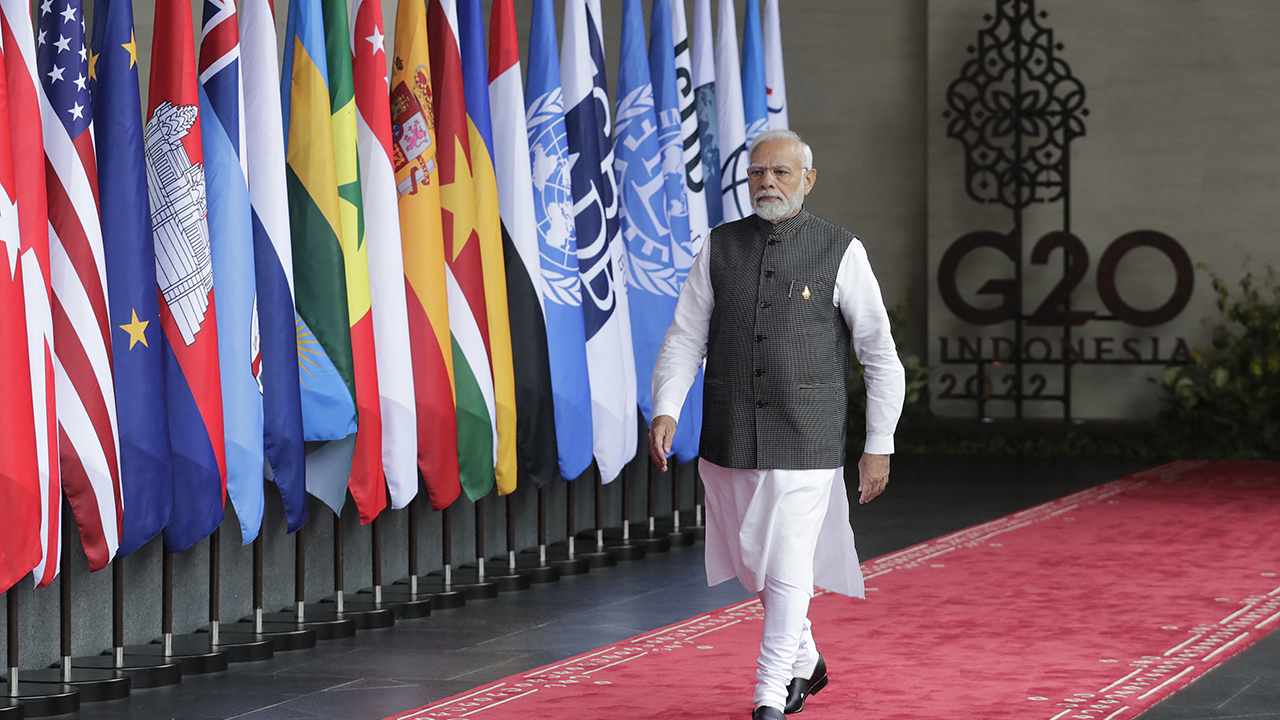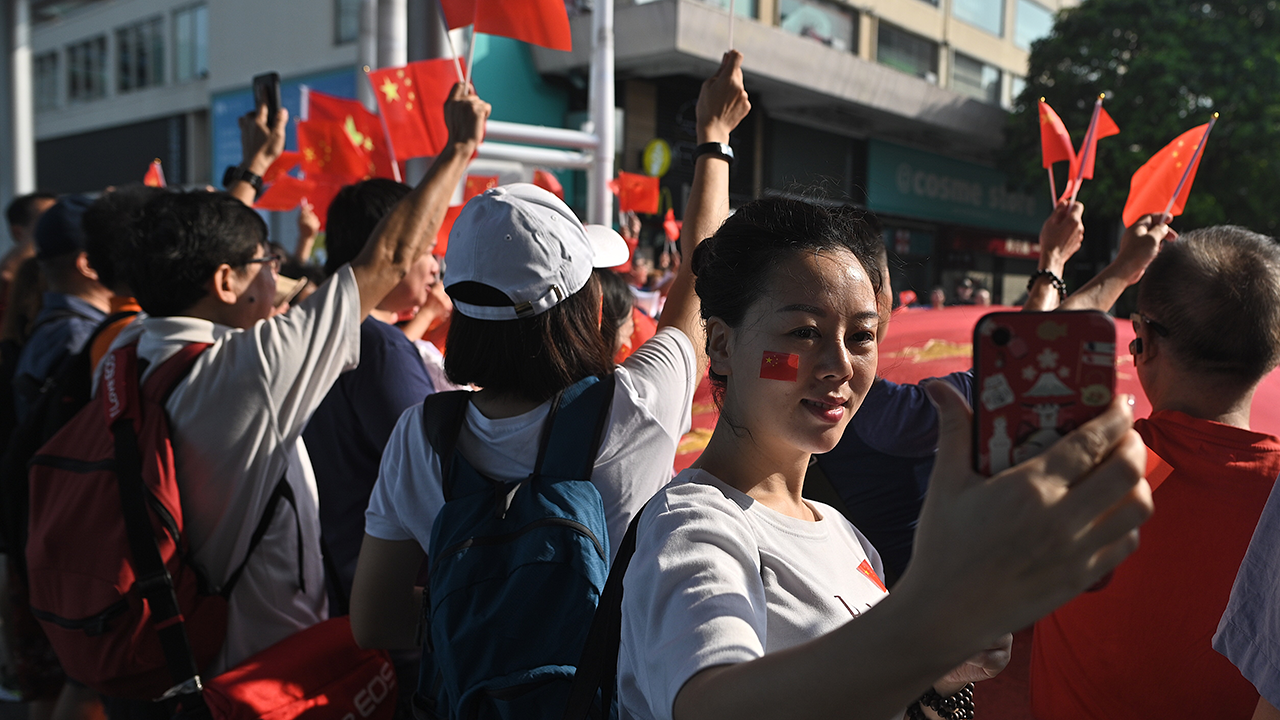Unlike the West, India and China Embrace Globalization
In contrast with the developed West, globalization and economic integration remain popular in the world’s two largest developing countries – India and China.
In contrast with the developed West, globalization and economic integration remain popular in the world’s two largest developing countries – India and China.
A nine-country survey on the strengths and limitations of civic engagement illustrates, there is a common perception that government is run for the benefit of the few, rather than the many.
Enshrined in the Bill of Rights, free expression is a bedrock American principle, and Americans tend to express stronger support for free expression than many others around the world.
With the number of displaced people in the world at more than 60 million in 2015, the plight of refugees has gained new prominence.
The Chinese people recognize their country's growing prominence in Asia and the world. However, concern remains over corruption and other domestic issues.
A combination of strong anti-refugee sentiment and above-average disdain for minority groups sets Hungary apart from many of its fellow European Union nations.
Indian Prime Minister Narendra Modi is riding a wave of public good feeling about the way things are going in India, the state of the domestic economy and his own stewardship of the country.
Majorities or pluralities in 17 of 19 countries we surveyed have a positive view of the United Nations.
Two years into his term as prime minister, Indians’ fervor for Narendra Modi continues and optimism about India’s direction and economy is on the rise.
The Indian public sees Prime Minister Narendra Modi favorably and India's role in the world expanding, but there is a growing partisan divide on Modi's record.
Across 12 countries, a median of 40% of adults say they have no confidence in Indian Prime Minister Narendra Modi to do the right thing regarding world affairs. About eight-in-ten Indians have a favorable view of Modi.
Majorities in most countries say China does not take into account the interests of other countries in its foreign policy, and China does not contribute to global peace and stability.
Across 24 countries, large shares have an unfavorable view of Russia and no confidence in Putin to do the right thing regarding world affairs.
Overwhelmingly, people believe the U.S. interferes in the affairs of other countries, but most also believe the U.S. contributes to peace and stability around the world. U.S. President Joe Biden receives mostly positive reviews.











